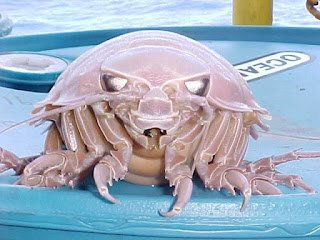-

Arekan’s Blog: Not Another Feline Overlord
(Arekan’s Blog) Arekan: Scribe, what is THAT doing here? Beth: (Innocently): What? Arekan: Don’t give me “what.” After three years of blissful peace, the brown cat returned. What? It couldn’t find another sucker to feed it, so it came back to you? Beth: You are confused. Arekan: I have never been, or ever, especially now,…
-

A Trade in Betrayals at MileHiCon!
Yesterday I finally had a chance to hold a copy of A Trade in Betrayals in my hands! I’ll be down at MileHiCon in Denver this weekend for its release. I have a few panels I’m on, and I’ll be hanging out at Guardbridge Books’ vendor table a bunch …
-

An Author Interview With Kelleen Rynin
(Beth Turnage) I recently took a writer’s workshop, Young Adult Novel Writing with Emily Colin at Authors Publish. One of the exercises was to write an interview with your character. Since I’m working on Master’s License, I chose 14-year-old Kelleen Rynin, the protagonist of the story, which was very brave of me. I’d never attempt…
-

A Fantasy World That’s All Grown Up
There’s a very clear traditional idea of what a fantasy world is supposed to be like. It has warriors riding horses and wielding swords and axes. It doesn’t have them travelling on planes and operating computers. It just doesn’t. But why not? After all, our world has had all that and much, much more, atContinue…
-

"A Benthic Myth of the Deep Sea" in The Pink Hydra!
A short flash fiction story of mine, “A Benthic Myth of the Deep Sea,” recently came out in The Pink Hydra. Lots of other stories and poems in that issue, as well, so plenty of excellent things to read.It’s a stealing-fire-from-the-gods story. Wi…
SFF Bloggers
Feed your need for SF & Fantasy
Follow Me On Instagram
@WillamSmith









